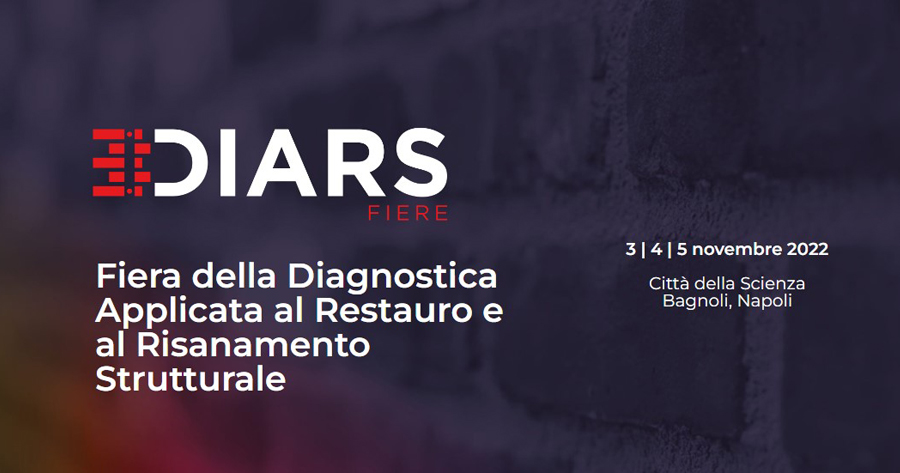Another date with Città della Scienza for a weekend to discover life in miniature.
You can’t see them, but they are here! In your hands, in your mouth, in your stomach… It also shapes everything around you: the smells you see, the flavors you notice, the diseases you sometimes get sick from… After a pandemic we start to see the microscopic world more carefully, but how is it small world?
Since the advent of optical instruments, such as a telescope or microscope, the reality of the world around us is no longer the same. From galaxies to molecules, and with ever more powerful tools, our view or perception of the physical world has changed quite a bit. The positive result is that modern science has turned knowledge into the best weapon against diseases that once sowed death and destruction.
However, these microscopic creatures are not always a threat but can also be friends and companions for life. In our body, for example, there are various ecosystems of bacterial flora that we could not do without, but already become like another organ. Observation under a microscope gives the observer the impression of entering a world of his own, without a clear relationship with the real world, from which it is moreover necessary to isolate himself in order to focus.
to Science CityThis weekend, we will embark on an extraordinary journey to discover “life in miniature,” an opportunity to observe many details invisible to the naked eye.
There will be no shortage of offers at planetary visits to Corporea Human Body Interactive Museum And in scheduled exhibitions: Insetti & Co, 7 Steps to Sustainability, and “Space for the Future.”
Follow this weekend’s program at Città della Scienza.
What does bacteria look like? (Saturday 6, Sunday 7 May)
Bacteria have been with us for millions of years and perform very important functions for humans. Let’s think, for example, of those who turn milk into yogurt or even those who turn rubbish into compost! But what do they look like? Let’s get to know them better!
Interactive lab
IV Corporea_Small Room
Duration: 45 minutes
Target: from 3 to 6 years
Serves up to 20 children
Reservations at Corporea infopoint
Hours: 11.00, 14.00
bacterial plaques! (Saturday 6, Sunday 7 May)
wash your hands! How many times have we heard this sentence? With the help of the guide, prepare a Petri dish with agar, culture medium or nutrients for the bacteria, leave your finger print or touch the agar gel gently with a cotton swab after inserting it into the mouth. What happens after one day? A week later?
Interactive lab
Sol LeWitt Room
Duration: 45 minutes
Target: 7 to 10 years old
For up to 20 participants
Reservations at Corporea infopoint
Hours: 10.30, 14.30
An army of antibodies! (Saturday 6, Sunday 7 May)
Find out how your immune system seeks out and fights off pathogens and prepares your body for future attacks. what are you waiting for? Join the antibody army!
Interactive lab
The fourth floor is a large hall
Duration: 45 minutes
Target: from 10 to 13 years old
For up to 20 participants
Reservations at Corporea infopoint
Hours: 11.30, 15.30
Life in a Drop of Water (Saturday 6, Sunday 7 May)
Who lives in the pond? In a single drop of water you can discover a world of very different organisms such as: ciliates, diatoms, flagellates, green algae and rotifers. Travel with us in a microscopic drop of pond water.
Science show
Saturday: Lab3_Second Body Plan
Sunday: LAB1_Piano Terra Corporea
Duration: 30 minutes
The goal: for everyone
Hours: 12.30
On the table with microorganisms: …… But in the kitchen everyone is out !!! (Sunday 7 May)
In the world we live in, microorganisms are spread very widely, starting with those in our bodies, in the foods we eat and in the environments we frequent. They are the oldest inhabitants of planet Earth, omnipresent and invisible, indispensable or dangerous and would be the protagonists of some gamification activity. In the laboratory it will be possible to take part in simple experiments such as looking for mold in a sample of cheese, evaluating the bacteriological load of water obtained from hand washing, … You will notice microorganisms obtained from isolation and growth in the laboratory also participate in the analysis Biomolecular extraction, purification and visualization of genome (DNA).
Organized by the Department of Biology of the University of Naples “Federico II”
With Prof. Rosanna del Gaudio and with Alessio Bolognini, Davide Bolognini, Eugenia Pacifico and Giulia De Lucia, Department of Biology, University of Naples “Federico II”
Interactive lab
Open laboratory + open external laboratory
Duration: 30 minutes
The goal: for everyone
Hours: Continuous session from 10.00 to 14.30
– advertisements –

“Infuriatingly humble social media buff. Twitter advocate. Writer. Internet nerd.”



